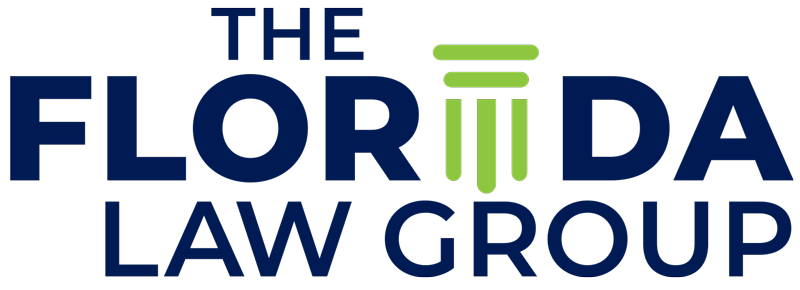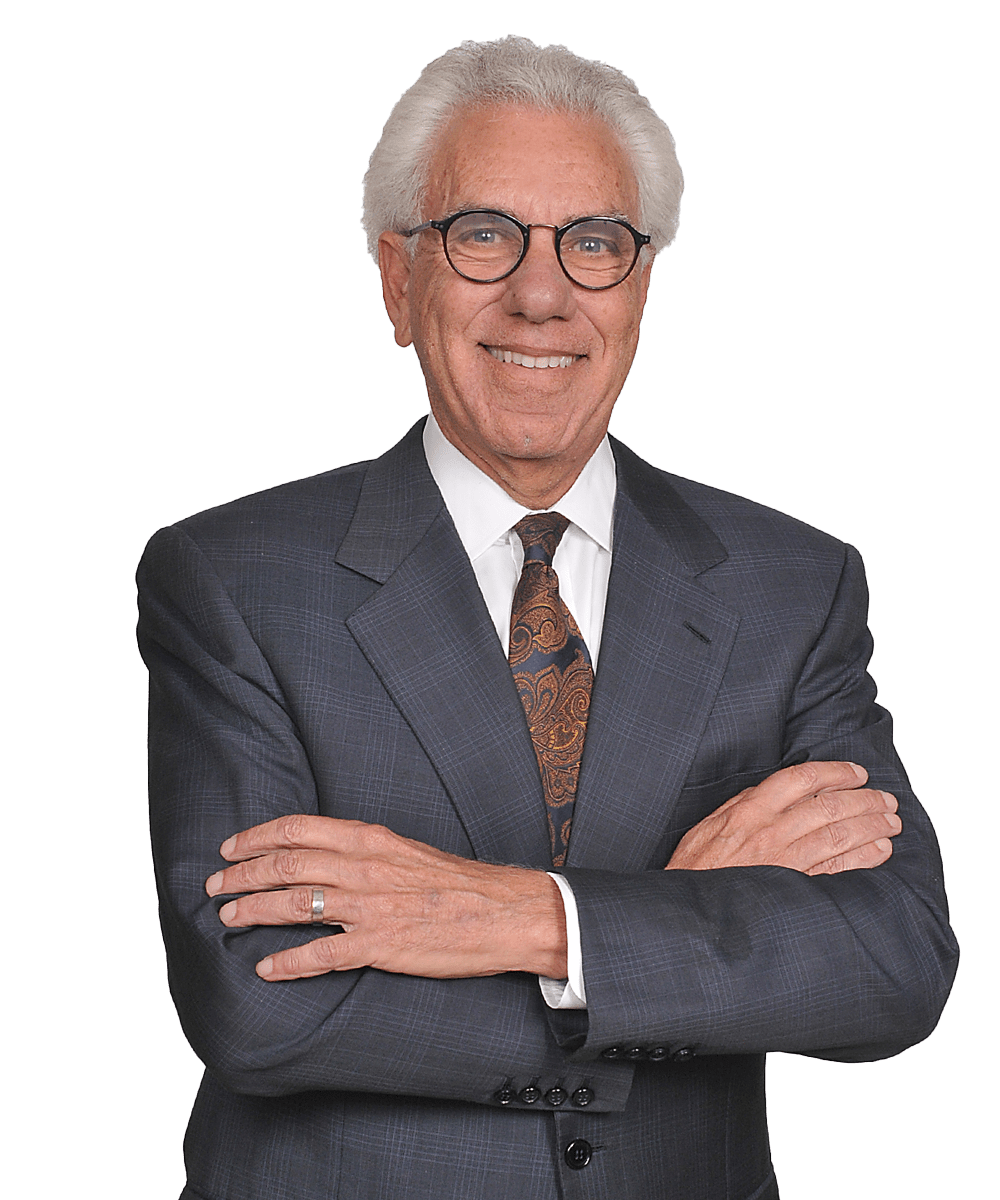Florida Anti-kickback Attorney
Blowing the Whistle on Anti-Kickback and Stark Law Violations
The Federal Anti-Kickback Statute and the Physician Self-Referral Statute (Stark Law) are two of the most important laws aimed at preventing fraud and abuse in the healthcare system. Although the Anti-Kickback Statute and Physician Self-Referral Statute are both aimed at preventing remuneration involving improper referrals, there are some important differences between the two laws.
What is the Anti-Kickback Statute?
The Anti-Kickback Statute is a federal criminal law that prohibits physicians and other players in the healthcare industry from “knowingly and willingly” paying, offering, soliciting or receiving “remuneration” in order to induce referrals for services or generate business that is reimbursed by the Federal healthcare system. While the statute does provide for safe harbors that protect certain business practices and arrangements, remuneration is defined broadly to include anything of value (e.g. payments, gifts, products or services). Physicians and other parties who violate the Anti-Kickback Statute are subject to stiff criminal penalties and administrative sanctions, including monetary fines, imprisonment and exclusion from participation in the federal healthcare programs.
What is the Stark Law Statute?
The Physician Self-Referral Statute, more commonly known as Stark Law, is a healthcare fraud and abuse law that prohibits physicians from referring patients for certain “designated health services” that are reimbursed by Medicare or Medicaid from any entity in which they or their immediate family members have a “financial relationship.” Under Stark Law, financial relationships are interpreted to include direct or indirect ownership interests, investment interests and compensation arrangements. Designated health services range from clinical laboratory, physical, occupational and speech-language therapy services to radiology and imaging services to home health and outpatient prescription drug services. While the statute does provide for certain limited exceptions that permit physicians to make referrals for federally-covered designated health services, the law is a strict liability statute. This means that the physician does not have to intend to violate the law to be found guilty. Doctors who violate Stark Law are subject to harsh fines and penalties, as well as exclusion from participation in federal healthcare programs.
A Florida Stark Law Attorney Can Help You Report Improper Referrals in the Federal Healthcare System
If you suspect that a physician or any other provider may be acting in violation of these laws or engaging in another type of health care fraud, you should consult with a Florida anti-kickback/stark law attorney as soon as possible. The lawyers at The Florida Law Group are well versed in healthcare fraud and abuse laws and will help you take the appropriate steps to expose those involved. We offer free consultations to individuals who want to step forward to help prevent fraud against the government. Our attorneys will carefully review the evidence and walk you through your legal options, which may include filing a medical qui tam whistleblower lawsuit. Call our Florida law offices at 833-352-5297 to schedule a case evaluation with a Florida anti-kickback attorney today.



